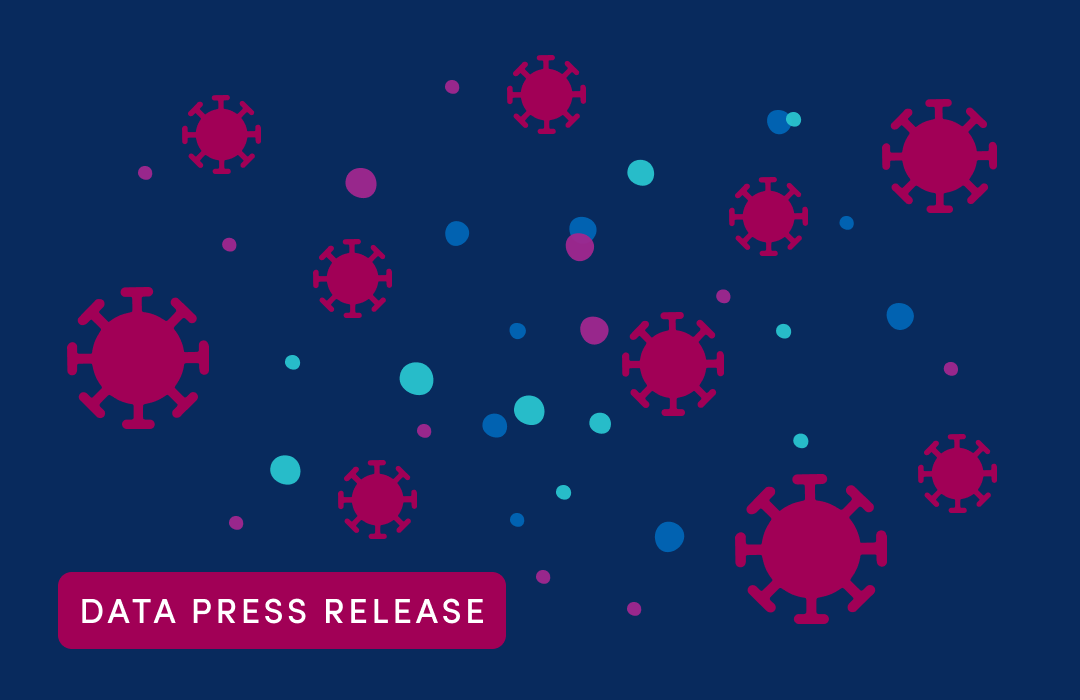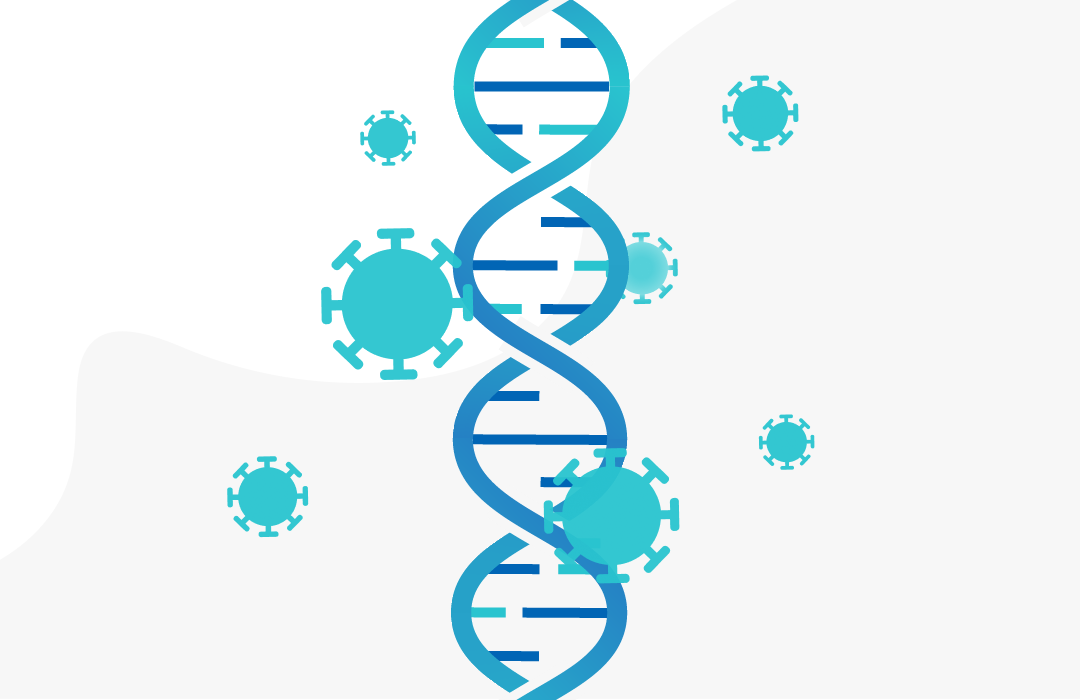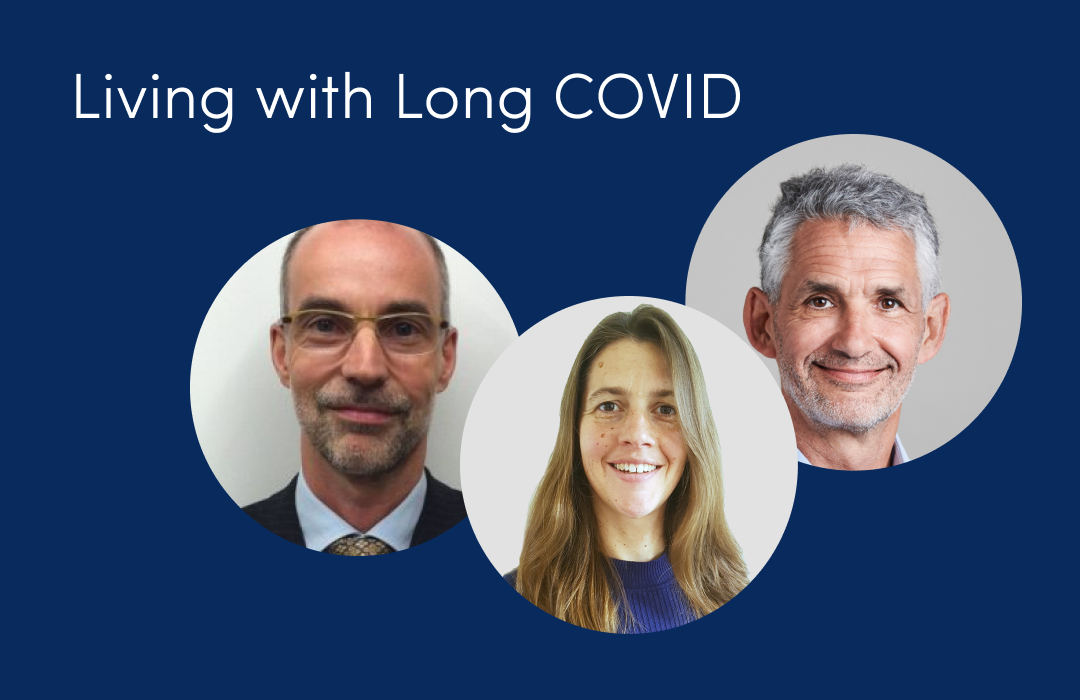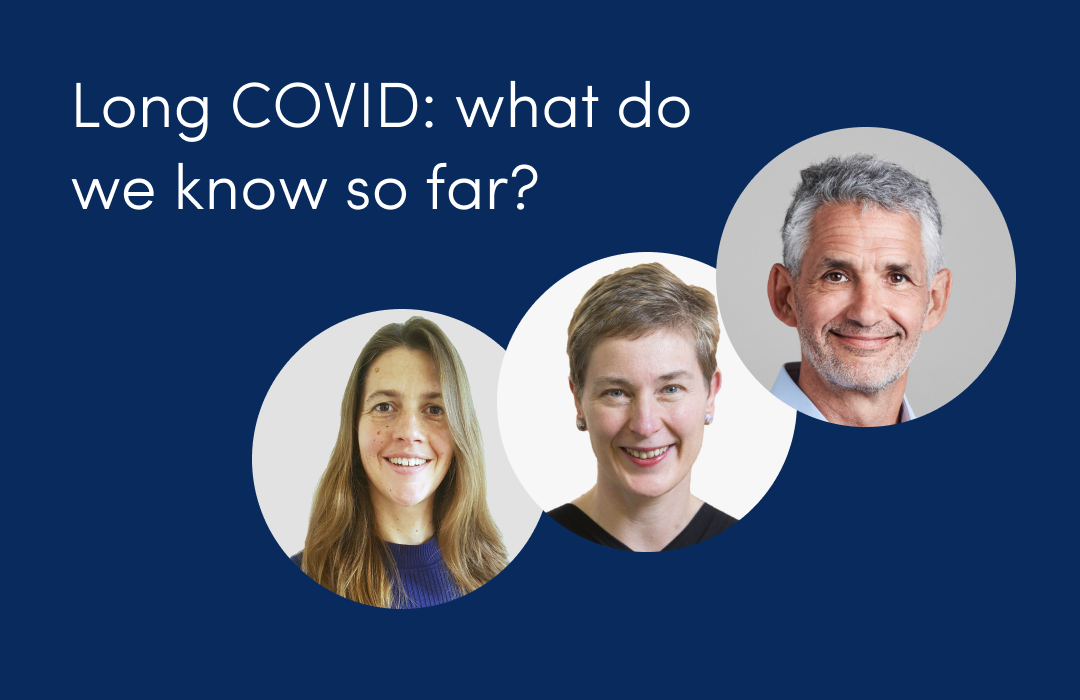
How has the pandemic affected our mental health? And does having the virus impact mental wellbeing?
June 10, 2021

This article has not been updated recently
In our latest expert webinar, Professor Tim Spector, ZOE COVID Study lead, Dr Claire Steves, consultant geriatrician at Guy's and St Thomas' Hospital in London, and Brendan Street, Head of Emotional Wellbeing at Nuffield Health, shared what we’ve learned so far about COVID and mental health.
- What is mental health?
- How has the pandemic affected mental health?
- Whose mental health has been most affected by the pandemic?
- How does having COVID-19 affect your mental health?
- How can we cope better moving forward?
What is mental health?
“When people hear the words mental health, many of them think of mental illness, but mental health is a lot more than the absence of mental ill-health,” says Brendan.
The World Health Organization defines mental health as ‘a state of wellbeing in which every individual realises his or her own potential, can cope with the normal stresses of life, can work productively and fruitfully, and is able to make a contribution to her or his community.’
Our mental health tends to fluctuate, depending on what’s going on in our lives, which is entirely normal.
“We all exist on a continuum from thriving to just about surviving to entering mental ill-health,” says Brendan.
.png)
How has the pandemic affected mental health?
In February, we launched a survey through the ZOE COVID Study app to find out more about how the pandemic has affected your mental health. With more than 700,000 respondents, it was one of the world’s largest mental health studies of its kind.
“We asked about two common symptoms - anxiety-related symptoms and depression-related symptoms,” says Claire, explaining that the number of people experiencing symptoms of anxiety or depression rose from around one in five pre-pandemic to approximately one in four during the pandemic.
Our results were in line with other studies conducted over the past year, including one by Understanding Society. Their study, which tracked mental health throughout the pandemic, showed that mental health declined during the first lockdown, then improved over the summer before falling again during the second wave.
As Claire points out, these fluctuations demonstrate that although we might be mentally affected by lockdowns, most of us bounce back relatively quickly.
However, these figures mask the fact that we have all experienced things differently, and there is considerable variation within the population.
Whose mental health has been most affected by the pandemic?
Our results showed that young people aged 16-24 were most likely to have experienced declining mental health during the pandemic. This might be due to the enormous impacts on their social lives and future plans compared with other groups.
Other strong predictors of deteriorating mental health during the pandemic were previous or existing mental health problems, smoking more, drinking more alcohol, or working more during the lockdowns.
On the other hand, spending time outdoors, being physically active, and connecting with friends and family positively affected mental health.
You can see the full results of our mental health survey here.
How does having COVID-19 affect your mental health?
The discovery that COVID-19 can affect the brain, such as sudden confusion (delirium) in older people and ‘brain fog’ in people with long COVID, has raised concerns that COVID infection might also impact mental health.
To find out more, we combined our mental health survey results with data from the ZOE COVID Study.
“Reassuringly, we saw a very small increased risk of anxiety and depression symptoms if you had COVID in the past,” says Claire.
The effect of a previous COVID infection on mental health was minimal compared to other factors such as previous mental health problems, being an unhealthy weight, or having other underlying health problems.
How can we cope better moving forward?
Claire and Brendan both agreed there is no evidence of an incoming tsunami of severe mental health problems or increasing suicide rates as a result of the pandemic.
The disruption, disconnection and grief of the past year will have left its mark on many of us - a ‘mental health echo’ as Brandon describes it - so we need to stay mindful of our mental state as we move forward into the future.
Building more resilience is one tactic that can help us stay mentally well during tough times like lockdowns.
“Resilience isn’t being bulletproof and it isn’t something that’s a fixed trait, but you can learn to be more resilient,” says Brendan. He highlights the five pillars of resilience, including being clear on your values and purpose in life, being aware of your mind and how you think, having strong connections with people around you, being mindful of what you put into your body and how well you sleep.
“The last pillar is self-compassion, which is really important to mental health and wellbeing - not being a harsh critic of yourself,” he adds.
Brendan also highlights the importance of getting professional help if you need it. “For a long time in this country, people have felt they've got to be really poorly to get help in terms of mental health, and I would much rather people seek help early on.”
Self-referral services are available in all areas, which can provide online self-help and therapy if needed. You can also go and see your GP if you are worried about your mental health.
We’re continuing our research into the effects of the COVID-19 pandemic as the vaccine rollout progresses. You can play your part by downloading the ZOE COVID Study app and taking just a minute every day to log your health.












.png)


.jpg)














.png)







%202.png)
.png)


















.png)



%20(1).png)


